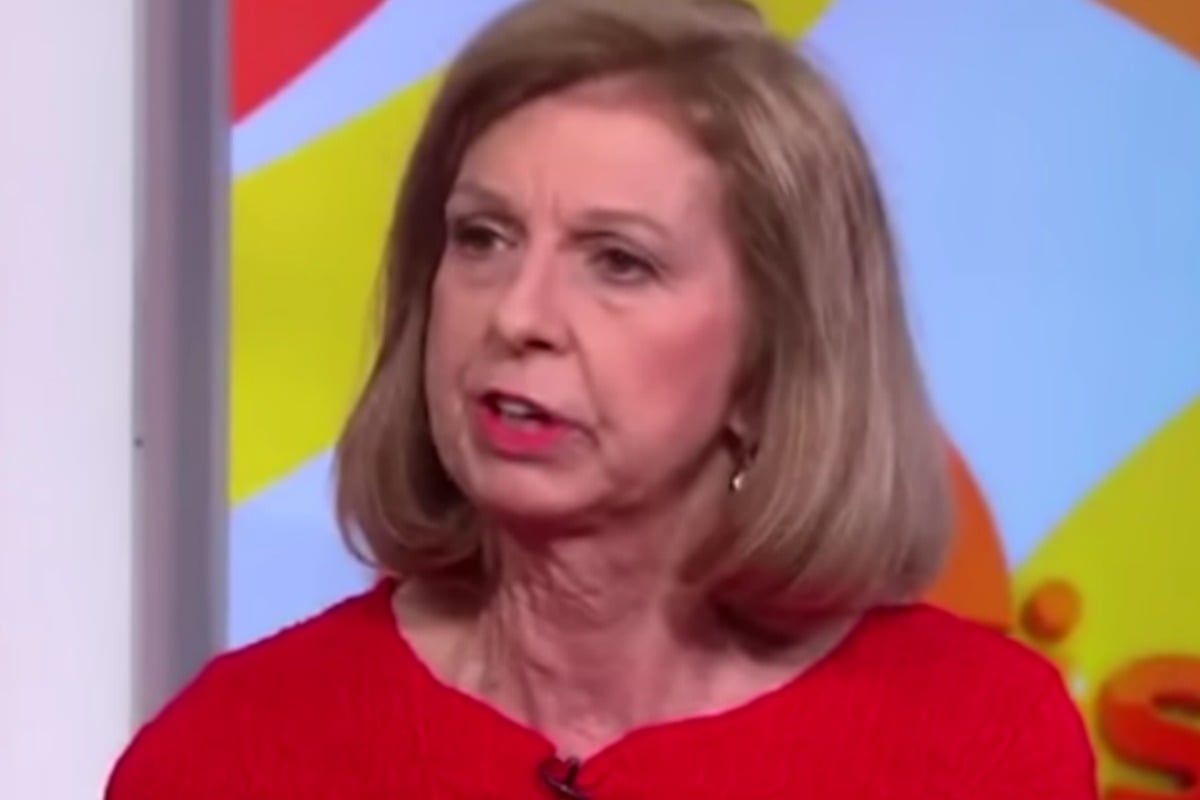
Bettina Arndt has checked out of feminism.
It’s a movement, the 69-year-old author and journalist says, that treats women like “pathetic, fragile, complaining wimps”.
But it wasn’t always that way, Arndt argues.
“I used to be a feminist because I believed in equality,” she told Mamamia.
Arndt’s career began in the 1970s, when she became one of Australia’s first sex therapists. She was excited about the prospect of more choice being available in women’s lives, and thought, as she puts it, “orgasms were a good place to start.”
Feminism, according to Arndt, was once about empowerment. She loved the strength and independence encapsulated in Helen Reddy’s war cry, “I am woman, hear me roar”. But Arndt doesn’t see the strength anymore. She just sees victimhood.
“The resulting fragile, wilting wallflowers are eager to claim victimhood and tell tales of scary encounters with the dangerous sexual predator they believe lurks in every man,” she said in an address at the Sydney Institute this week.
“Feminism today is not about promoting equality but rather tilting laws, rules and regulations to advantage women at the expense of men. And most people think that is unfair. That’s why so few people today are prepared to call themselves feminist. A recent SBS survey found only 19 per cent are willing to use that label. Feminism has gone off the rails and more and more people are speaking out about this divisive force in our society.”

Top Comments
bashing all men for the transgressions of a small minority (except in certain identifiable sub-groups) is sexism and bigotry.
there was no need for a men too as men were free to and did participate in me too. there, of course, were far more women using the hashtag as there are far more women who have been the victim of sexual harassment/abuse